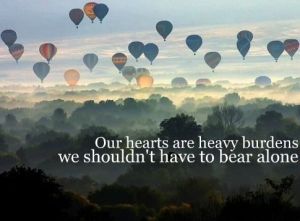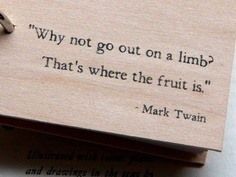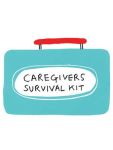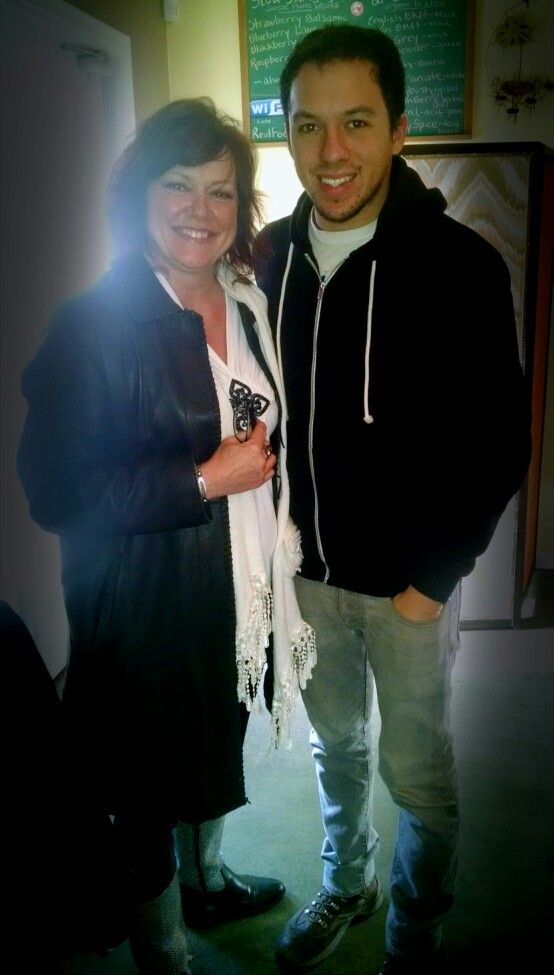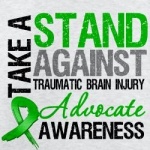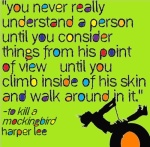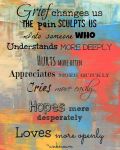
I’ve been familiar with the Kubler Ross model of the 5 stages of grief for some time. As described by Elisabeth Kubler-Ross in her 1969 book “On Death and Dying”, they are denial, anger, bargaining, depression and acceptance. Oh, how I wish these stages were linear. But, realistically, they are more fluid. We move in and out of them and not always in that order. I’ve dealt with a lot of loss involving deaths of loved ones as only makes sense as I come from a large family.
But I’ve also discovered something else. I’ve dealt, unknowingly and throughout my life, with something known as ambiguous loss and disenfranchised grief.
Ambiguous loss was introduced by Pauline Boss, Ph. D. in the 1970’s. It describes loss that is unresolved and prolonged with a lack of closure. It involves such psychological losses such as infertility, losses involving missing persons who’ve never been found, divorce and prolonged psychological illnesses such as Alzheimer’s and Traumatic Brain Injury etc.
I first experienced this type of loss when I was 9 years old. My older brother, who was then 24 years old, was working offshore in the Gulf of Mexico when the boat that he was on sank in a storm. His body was never recovered. I don’t remember being told about the accident or the fact that he wasn’t expected to return home. I just remember feeling the loss. For whatever reason, my parents chose not to have a memorial service. Perhaps they never lost hope or maybe they never quite knew how to cope with the loss themselves. He was never discussed much after that. I don’t remember, but I do remember missing him. He was a special brother to me as he did much of my parenting. I now recognize this as being an ambiguous loss. I also dealt with infertility when I was younger in which the immediate pain was relieved by the adoption of my precious son, but the loss was felt for years to come.
Traumatic Brain Injury and the many losses incurred are also ambiguous losses, I now realize. From the life I had prior to my injury, to long and short term memory, the losses are real but different from normal losses and so is the grief.
Disenfranchised grief is grief that is more difficult than normal grief because it is not easily expressed. It is often considered unacceptable or misunderstood by others not experiencing it. Often it is grief felt through the loss of a relationship that was unacceptable to others, a loss of a pet, a loss of a dream, a loss of health or even when you aren’t grieving the way others think you should or within the time frame they think you should. In short, those who grieve this way often do so alone and with little or no support.
Having this new knowledge doesn’t change where I am in the grief process but it does lend some further understanding. I can be a bit kinder to myself on the days when I feel stuck. There is no correct way to grieve. There is no time limit. It is a process that is as unique as the person experiencing it. At least there’s a name for it and I don’t have to feel alone in it.
You don’t have to either…
For further reading:
http://ambiguousloss.com
Front Page
http://psychcentral.com/lib/the-5-stages-of-loss-and-grief/000617
http://en.wikipedia.org/wiki/Ambiguous_loss
